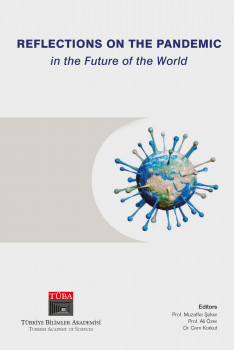Pandemics Throughout History and Their Effects on Society Life

Pandemics Throughout History and Their Effects on Society Life
One of the important factors to be considered in the explanation and interpretation of history is pandemic diseases. The nature of the pandemic diseases, ways of prevention and treatments are not fully known for a long time. People saw the disease as a wrath of God until they learned the nature of the epidemic, and often placed a blessing on it. Many diseases with an endemic, epidemic and pandemic character have been experienced since ancient times and millions of people have died in these outbreaks. Plague, malaria, cholera, yellow fever, smallpox, influenza, tuberculosis, typhoid, typhus and syphilis are important epidemic diseases that cause mass death. However, all of these could not produce outbreaks while would affect several continents of the world. We can only say that plague, cholera and influenza diseases are pandemic epidemics and that affect people globally known. The world has experienced from antiquity to the present, more than ten influenza pandemics with three plagues, seven cholera, and the outbreak we are experiencing today. Epidemic outbreaks of smallpox, malaria and yellow fever which caused the death of many people, were at least as effective as these three diseases. The reason for the high destruction of all pandemics is that the disease is not fully recognized. Therefore, the mortality rates were high, and the spreading areas were wide. Epidemics/pandemics deeply affected social life economically, socially, psychologically, culturally, politically, religiously, geographically and many more.
